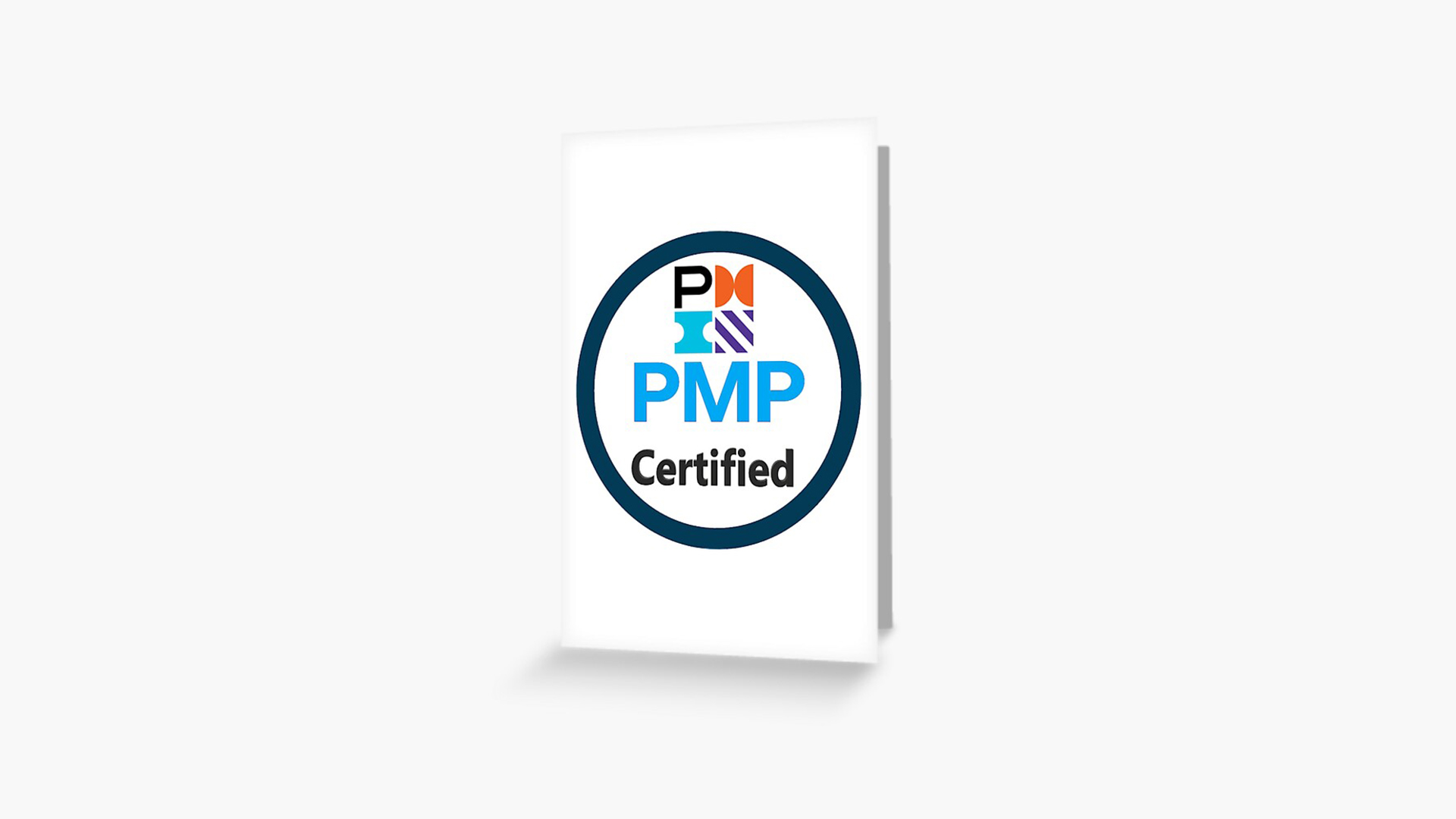How Being PMP Certified Can Unlock New Career Opportunities?

• Earn globally recognized PMP certification to enhance project management skills.
• Meet PMP Certification Requirements with comprehensive PMP training at Lackawanna College.
• Certified project leaders are in high demand across IT, healthcare, construction, and finance.
• Gain essential contact hours and expert knowledge to advance in diverse industries.
One of the most effective ways to enhance your resume and boost your career potential is by obtaining a Project Management Professional (PMP) certification. This globally recognized credential signifies that you possess the project management expertise necessary to lead projects and command higher salaries. Here’s how being PMP certified can open new doors for you in various industries.
The Value of PMP Certification
PMP certification is not merely a testament to your ability to manage projects efficiently and effectively; it’s a benchmark that sets you apart in the world of project management. As certified project leaders, individuals bring a standardized set of project management practices that are recognized and respected globally. This standardization is critical because it ensures that regardless of the industry, clients, or project size, PMP certified managers are equipped with the best practices required for project success.
This certification opens doors to advanced career opportunities across various dynamic sectors:
• Information Technology: Spearhead complex IT projects, from software development to infrastructure updates.
• Construction: Manage large-scale construction projects, ensuring they meet all regulatory standards and come in on time and within budget.
• Healthcare: Lead projects that improve healthcare delivery systems and patient care technologies, crucial for this rapidly evolving sector.
• Finance: Oversee financial projects, such as system implementations, operational efficiencies, or compliance updates, that require precise management to ensure success.
In each of these fields, PMP certification is highly valued because it demonstrates your ability to oversee projects with a high degree of complexity and stakeholder engagement. Plus, the demand for certified project managers continues to grow as organizations increasingly recognize the need for professionals who can implement effective project management practices to reduce costs, enhance efficiency, and drive the successful completion of projects.
Additionally, achieving PMP certification can lead to roles in project recovery, where managers are specifically brought in to steer troubled projects back on track, showcasing the high level of trust and competence attributed to PMP credential holders. This ability to adapt and correct course is highly prized in industries that deal with high stakes and tight timelines.
Ultimately, the investment in becoming a certified PMP translates into broader job prospects, higher earning potential, and the opportunity to work on groundbreaking projects around the world. It solidifies your reputation as a serious professional and gives you the tools to scale the heights of your chosen career path.
Understanding PMP Certification Requirements
To become PMP certified, candidates must meet specific educational and professional experience requirements. You will need:
• A secondary degree (high school diploma, associate’s degree, or the global equivalent) with 7,500 hours leading and directing projects,
• Or a four-year degree with 4,500 hours leading and directing projects.
• Both pathways require 35 contact hours of formal PMP training.
These prerequisites ensure that only individuals with substantial project management experience and education are eligible, maintaining the certification’s prestige and relevance.
The Role of PMP Training
PMP training is designed to equip you with knowledge and skills across the 10 project management knowledge areas, including scope, schedule, cost, quality, resource, and risk management. These training programs also prepare you for the PMP certification exam, which is rigorous and requires a deep understanding of project management principles and practices.
Training courses typically offer the required 35 contact hours in a variety of formats, including online, in-person, or hybrid settings, providing flexibility to meet the needs of busy professionals.
Advantages for Project Leaders
Being PMP certified opens a plethora of benefits for project leaders:
• Increased Earning Potential: PMP certification can significantly increase your salary. According to PMI’s Project Management Salary Survey, professionals with PMP certification tend to earn an average of 20% more than their non-certified peers.
• Global Recognition: With PMP certification, you are recognized as a project manager who adheres to an international standard of project management, increasing your attractiveness to international firms.
• Enhanced Skills: The process of preparing for the PMP exam itself enhances your management skills by deepening your understanding of various project management techniques and methodologies.
• Networking Opportunities: Being a PMP member connects you with a global community of professionals with similar credentials and ambitions. This network can be invaluable for finding new job opportunities and staying on top of industry trends.
How to Get Started
If you’re ready to take your career to the next level, the first step is to fulfill the PMP Certification Requirements. Lackawanna College offers comprehensive PMP training courses that not only prepare you for the PMP exam but also provide the necessary contact hours required to qualify for the exam.
To learn more about how you can start your journey toward a rewarding career as PMP Certified, visit our admissions and enrollment page. Explore the different career pathways offered by our program and begin your journey toward a promising future with Lackawanna College.
